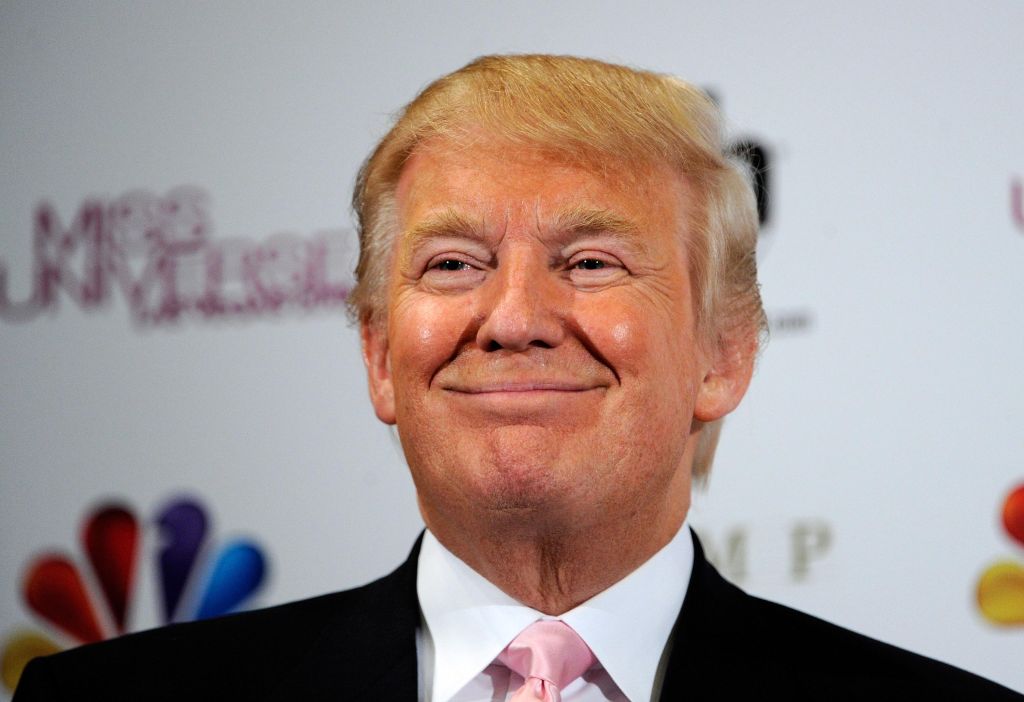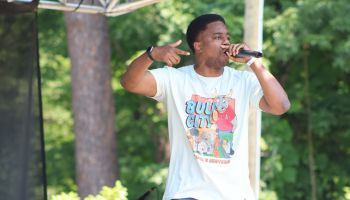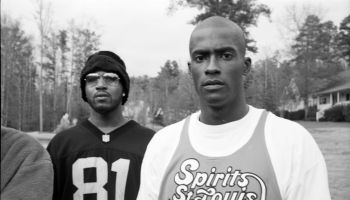On Friday, in a speech to law-enforcement officers at Suffolk County Community College in Brentwood, Long Island, President Trump offered one of the clearest distillations of Trumpism since it became a significant political force, two years ago. Several Long Island communities have struggled in recent years with violence associated with Mara Salvatrucha, more widely known as the MS-13 gang. By some estimates, as many as a thousand members of the gang are living in the area. Trump, whose very first statement as a Presidential candidate decried “rapists” whom Mexico “sends” over the border to the United States, struck the familiar law-and-order and anti-immigration themes of the campaign: the country has been suckered by wily foreign regimes; the “tough” people who can handle the problem have been handcuffed by politically correct élites. He is here to unshackle the hands of our protectors.
That rhetoric was key to him winning the endorsement, last September, of the Fraternal Order of Police, which stated that Trump “understands and supports our priorities and our members believe he will make America safe again.” (Black police organizations, notably, rejected the F.O.P.’s Trump endorsement.) Alarmingly, Trump urged the police officers gathered in Brentwood to be more cavalier in their use of force:
Like when you guys put somebody in the car and you’re protecting their head, you know, the way you put their hand over? Like, don’t hit their head and they’ve just killed somebody—don’t hit their head. I said, you can take the hand away, O.K.?
The comment drew approving laughter from the crowd. Trump assailed Chicago for its “unbelievable violence” and pointed to his interactions with an unnamed, “really respected officer,” who said that, if the police weren’t held in check, violent crime in the city could be resolved in “a couple of days.” This is vintage Trumpism: the revelation that our problems have been presented as unduly complex. There is always a simple solution that our leadership lacks the gonadal audacity to implement.
Yet, as with Trump’s rambling, inappropriate address to the Boy Scouts earlier in the week, what he said about killing Obamacare and hot yacht parties was less troubling than the way people reacted to it. Pressed to respond to Trump’s statements, the Boy Scouts of America released a statement distancing itself from the commentary that brought cheers from many of the youth in the audience. Trump’s demagogic charisma is disturbing enough when it excites thirteen-year-olds, but it’s cause for full-blown alarm when law enforcement—the only institution in American life authorized to kill citizens—reacts in the same way. In response to Trump’s speech, the Suffolk County Police Department issued a statement declaring that the President’s recommendations were at odds with the department’s procedures, as did the N.Y.P.D., the L.A.P.D., and the International Association of Police Chiefs. The denunciations of Trump’s rhetoric always come in the cooler aftermath of his utterances; in the febrile atmosphere of his rallies, his most anti-democratic statements inspire rapt endorsement.
Trump has been making inflammatory statements since literally the first day of his life as a politician, and in that time a life cycle of Trumpian outrages has become apparent. Whenever his words provoke the most sustained backlash—his comments implying that gun owners might shoot Hillary Clinton to protect the Second Amendment and his request that Russian hackers target the Clinton campaign, for instance—the tendency is to explain them away as an attempt at humor. Predictably, on Monday, the White House press secretary, Sarah Huckabee Sanders, dismissed as a joke Trump’s line about police use of force. There is little comedy, however, in the ways in which that line reflects his Administration’s broader priorities when it comes to policing.
In April, the Department of Justice curtailed the use of consent decrees—negotiated best-practice agreements that, in the years since the Rodney King beating, in Los Angeles, had become the primary tool for reforming chronically troubled police departments. One result of the Justice Department’s policy shift was that the Baltimore Police Department, which came under federal investigation following Freddie Gray’s death, in April, 2015, had to negotiate its reform agreement over the objections of the very Justice Department whose examination pointed out the need for reform in the first place. The implicit message was that the Trump Administration would be far less aggressive in its oversight of rogue police departments.
In May, Attorney General Jeff Sessions addressed a gathering of law-enforcement officers in Memphis, hitting notes similar to those in Trump’s Brentwood speech: pointing to the specific crime problems of the local community, decrying the lack of support that police departments have received in handling those problems, and denouncing the evils of gangs and pledging to eliminate them. Here is Sessions on gangs:
If you’re a gang member, know this: you think you are targeting us. Well, we are targeting you. We will find you. We will devastate your networks. We will starve your revenue sources, deplete your ranks, and seize your profits. We will not concede a single block or single street corner to illegal gangs.
Nine days before Trump’s Brentwood speech, Sessions issued Justice Department guidelines strengthening police departments’ ability to use civil forfeiture, the seizure of assets from individuals who are suspected of a crime but have not been convicted of, tried for, or, in some cases, even charged with any offense. As Sarah Stillman pointed out in the magazine in 2013, the practice has effectively incentivized corruption among cash-strapped police departments, which now have both a rationale and a financial motive to pull over motorists and seize their cash and vehicles with scant cause.
In Trump’s world, toughness is not a means to an end—it is an end in itself. When Trump invokes Chicago as the exemplar of what is wrong with American law enforcement, the irony is that the city’s crime problem was made worse by its anything-goes ethic of policing. The city where police ran a black site for torturing suspects, attempted to cover up the circumstances in which the seventeen-year-old Laquan McDonald was killed, and regularly paid out millions in police-brutality settlements is the same city where seventy per cent of residents do not believe that police can be trusted to treat all residents fairly. The idea that community trust is more valuable to a police department than “toughness”—really a Trumpian euphemism for brutality—might seem quaint, but Chicago’s experience would point to the contrary. When Trump says police need not be concerned if suspects suffer head injuries in their custody, it’s not simply a wink and a nod at the old days of unrestrained policing. It’s a foreshadowing of a world he’s actively attempting to resurrect.
















